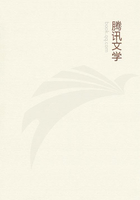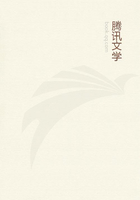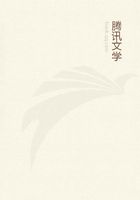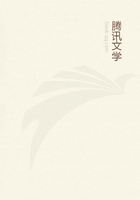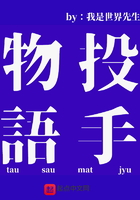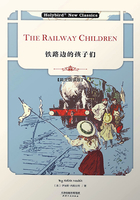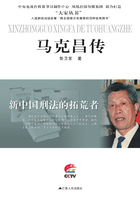While the troops were assembling, Duke Ulrich invaded Wuerttemberg from Hohentweil with recruited troops and a number of Hegau peasants.Were the peasants now to proceed from the other side, from Waldburg against Truchsess' troops, the Suabian Union would have been lost.But because of the defensive attitude of the peasant troops, Truchsess soon succeeded in concluding an armistice with those of Baltringen, Allgaeu, and the Lake, starting negotiations and fixing a date for terminating the whole undertaking, namely, Judica Sunday (April 2).In the meantime, he was able to proceed against Duke Ulrich, to besiege Stuttgart, compelling him to leave Wuerttemberg as early as March 17.Then he turned against the peasants, but the Lansquenets revolted in his own army and refused to proceed against the peasants.Truchsess succeeded in placating the disgruntled soldiers and moved towards Ulm, where new reinforcements were being gathered.He left an observation post at Kerchief under the supervision of Teck.
At last the Suabian Union, with free hands and in command of the :first contingents, threw off its mask, declaring itself "to be ready, with arms in hand and with the aid of God, to change that which the peasants wilfully ventured."The peasants adhered strictly to the armistice.On Judica Sunday they submitted their demands, the famous Twelve Articles, for consideration.
They demanded the election and removal of clergymen by the communities;the abolition of the small tithe and the utilisation of the large tithe, after subtraction of the priests' salaries, for public purposes; the abolition of serfdom, of fishing and hunting rights, and of death tolls; the limitation of excessive bonded labour, taxes and ground rents; the restitution of the forests, meadows and privileges forcibly withdrawn from the communities and individuals, and the elimination of wflfulness in the courts and the administration.It is obvious that the moderate conciliatory section still had the upper hand among the peasant troops.The revolutionary party had formulated its programme earlier, in the Letter of Articles.It was an open letter to all the peasantry, admonishing them to join "the Christian Alliance and Brotherhood" for the purpose of removing all burdens either by goodness, "which will hardly happen," or by force, and threatening all those who refuse to join with the "lay anathema," that is, with expulsion from the society and from any intercourse with the Union members.All castles, monasteries and priests' endowments were also, according to the Letter, to be placed under lay anathema unless the nobility, the priests and the monks relinquished them of their own accord, moved into ordinary houses like other people, and joined the Christian Alliance.We see that this radical manifesto which obviously had been composed before the Spring insurrection of 1525, deals in the first place with the revolution, with complete victory over the ruling classes, and that the "lay anathema" only designates those oppressors and traitors that were to be killed, the castles that were to be burned, and the monasteries and endowments that were to be confiscated, their jewels to be turned into cash.
Before the peasants succeeded in presenting their Twelve Articles to the proper courts of arbitration, they learned that the agreement had been broken by the Suabian Union and that its troops were approaching.
Steps were taken immediately by the peasants.A general meeting of all Allgaeu, Baltringen and Lake peasants was held at Geisbeuren.The four divisions were combined and reorganised into four columns.A decision was made to confiscate the church estates, to sell their jewels in favour of the war chest, and to burn the castles.Thus, aside from the official Twelve Articles, the Letter of the Articles became the rule of warfare, and Judica Sunday, designated for the conclusion of peace negotiations, became the date of general uprising.
The growing agitation everywhere, the continued local conflicts of the peasants with the nobility, the news of a growing revolt in the Black Forest for the preceding six months and of its spread up to the Danube and the Lech, are sufficient to explain the rapid succession of peasant revolts in two-thirds of Germany.The fact, however, that the partial revolts took place simultaneously, proves that there were men at the head of the movement who had organised it through Anabaptists and other emissaries.
Already in the second half of March, disorders broke out in Wuerttemberg, in the lower regions of the Neckar and the Odenwald, and in Upper and Middle Franconia.April 2, Judica Sunday, however, had already been named everywhere as the day of the general uprising, and everywhere the decisive blow, the revolt of the masses, fell in the first week of April.The Allgaeu, Hegau and Lake peasants sounded the alarm bells on April 1, calling into the camp a mass meeting of all able-bodied men, and together with the Baltringen peasants, they immediately opened hostilities against the castles and monasteries.
In Franconia, where the movement was grouped around six centres, the insurrection broke out everywhere in the first days of April.In Noerdlingen two peasant camps were formed about that time, and the revolutionary party of the city under Anton Forner, aided by the peasants, gained the upper hand, appointing Forner the Mayor, and completing a union between the city and the peasants.In the region of Anspach, the peasants revolted everywhere between April 1 and 7, and from here the revolts spread as far as Bavaria.

